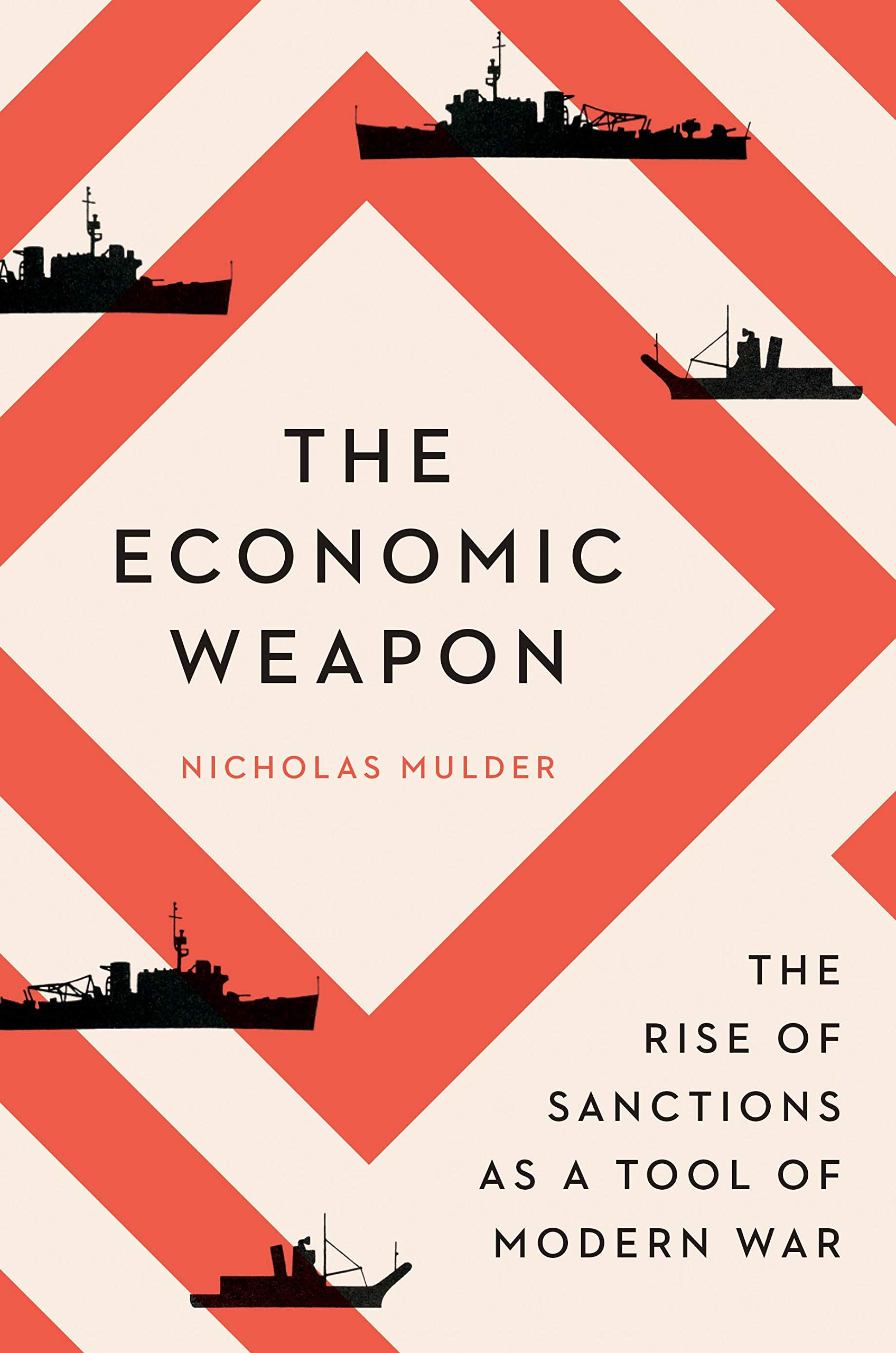The Biden administration is relying on the promise of harsh economic penalties to avert a Russian invasion of Ukraine. That’s just one of the instances where it’s wielding those tools. When were modern economic sanctions invented? In the aftermath of World War I, is one answer. Yesterday Adam Tooze reviewed a new history of this tool, The Economic Weapon, by Nicholas Mulder. Fighting was ruinous. But here was a multinational instrument, still painful to wield, but better than most of the alternatives. I’ve been writing a long piece on sanctions, and so I thought most of the material would be familiar, but here was something I did not appreciate: initially, sanctions were ethically dubious, and required a shift in international norms. Here is Mulder: Long-standing traditions, such as the
Topics:
Chris Blattman considers the following as important: Books, conflict, foreign policy, history, sanctions
This could be interesting, too:
Ken Melvin writes A Developed Taste
NewDealdemocrat writes Constitutional Interregnum
Bill Haskell writes Know Nothings
Angry Bear writes Could Elon Musk Take on Healthcare and Healthcare Insurers and Lower Costs?
The Biden administration is relying on the promise of harsh economic penalties to avert a Russian invasion of Ukraine. That’s just one of the instances where it’s wielding those tools.
When were modern economic sanctions invented? In the aftermath of World War I, is one answer. Yesterday Adam Tooze reviewed a new history of this tool, The Economic Weapon, by Nicholas Mulder.
Fighting was ruinous. But here was a multinational instrument, still painful to wield, but better than most of the alternatives.
I’ve been writing a long piece on sanctions, and so I thought most of the material would be familiar, but here was something I did not appreciate: initially, sanctions were ethically dubious, and required a shift in international norms. Here is Mulder:
Long-standing traditions, such as the protection of neutrality, civilian noncombatants, private property, and food supplies, were eroded or circumscribed. Meanwhile, new practices, such as police action against aggressor states and logistical assistance to the victims of aggression, arose. All of this amounted to a major and complex transformation of the international system. Today, economic sanctions are generally regarded as an alternative to war. But for most people in the interwar period, the economic weapon was the very essence of total war.
There were norms that made certain targets off-limits. Reasonable ones. And for sanctions to become a tool of statecraft, its wielders had to convince the world that their use was just and appropriate, in spite of the trade-offs. Which in some ways they were.
A century later, we are seeing a pushback against broad-based sanctions, especially ones that punish a whole country for its autocrat’s misdeeds. Democratic societies are less willing to make some of the difficult trade-offs (especially when it’s so hard to tell if sanctions are effective). This is one reason for a move to more targeted sanctions, against elite cabals and strategic industries.
On whether sanctions work, I think many people (and maybe this book) might have it wrong. Or maybe it’s better to say incomplete. But that is a post for another day. Also, first I will read this book. Meanwhile, see Tooze’s long and interesting review.

